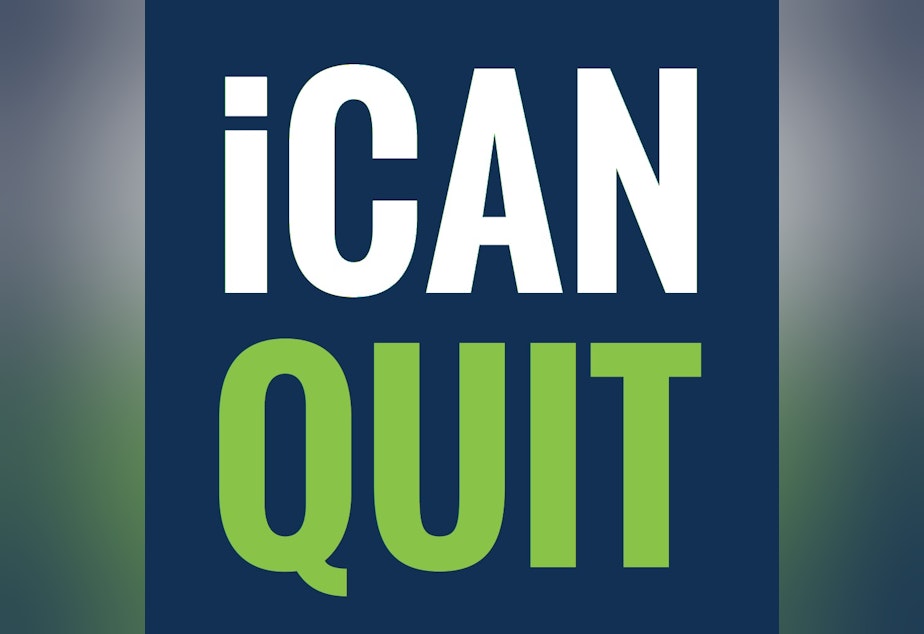Still having trouble quitting smoking? There’s an app for that

If you're among the nearly 14% of Americans who smoke, but haven't yet been successful at quitting, listen up. According to a new study, a smartphone app created right here in Seattle is proving to be quite effective at helping people quit. The app is called iCanQuit, and was developed by the Fred Hutchinson Cancer Research Center.
The study says smokers using the app had 1.5 times more success in quitting compared to another popular app called QuitGuide. Dr. Jonathan Bricker with Fred Hutch is the study's lead author. He says iCanQuit, uses a unique approach called ACT.
The following thoughts come from Dr. Bricker’s interview with KUOW’s Kim Malcolm:
A
cceptance and Commitment Therapy, or ACT, is a behavioral approach. It teaches people how to be aware of their cravings. It teaches them how to be open to them, how to be willing to experience them, how to accept them.
Finally, it teaches people how to stay inspired by focusing on their meaningful values that guide them to make changes in their lives; things like caring for their health are caring for their family.
[Focus on the positive.] The U.S. clinical practice guidelines, and most cessation apps, teach people to avoid their cravings, to distract themselves, to stay busy. That's very different than the ACT approach, which teaches you to accept, and be open to your cravings.
The other key difference is that while both ACT and standard approaches to quitting smoking do help you set goals, like setting a date to stop smoking, the key difference in ACT is that that is driven by your values. It's driven by what's really meaningful to you as a person. It's the addition of values on the motivation side, which is the key difference for ACT.
Sponsored
[Embrace your cravings and accept them.] It is counterintuitive. The first reaction that most people have is, "Are you kidding? You want me to do what? I'm not going to want to notice that. I want to get rid of that." That's actually a very human reaction. As humans, we don't want to experience discomfort. We tend to want to move away from discomfort.
When people are willing to try something different, we're finding that approach is more effective for them. So it's overcoming that initial skepticism that even I had. When I first heard about the ACT approach back in 1999, I thought this was crazy. Why would anyone want to do this? As I found for myself, and we've seen with our study participants, the people who are willing to go past this initial skepticism, find that it actually is more helpful.
There's also good research that the more you try to avoid something, like don't think of a white elephant, or don't think of a craving, the more you actually get the craving, the more you actually get what you're trying to avoid. There is a paradoxical effect.
When we try to push away an internal experience, we end up getting more of the internal experience. We're giving people the alternative to that, which is to just learn how to notice and allow, and then they realize that these cravings pass on their own.
Sponsored
[Message for people trying to quit during Covid.] If they've tried to quit smoking, and they haven't been successful, especially if they've already tried a standard approach for quitting smoking, there is a new tool that is worth trying. I think the key thing to see is that anyone who's struggled with trying to quit smoking, you have to keep trying and working on it. The more you try, the higher your likelihood of being able to succeed.
The hopeful message is having a tool, that's now been proven efficacious in a clinical trial, can give someone hope to try again, and continue to work at it, because it takes time, and you learn something new every time you make a quit attempt.
Listen to the interview by clicking the play button above.





